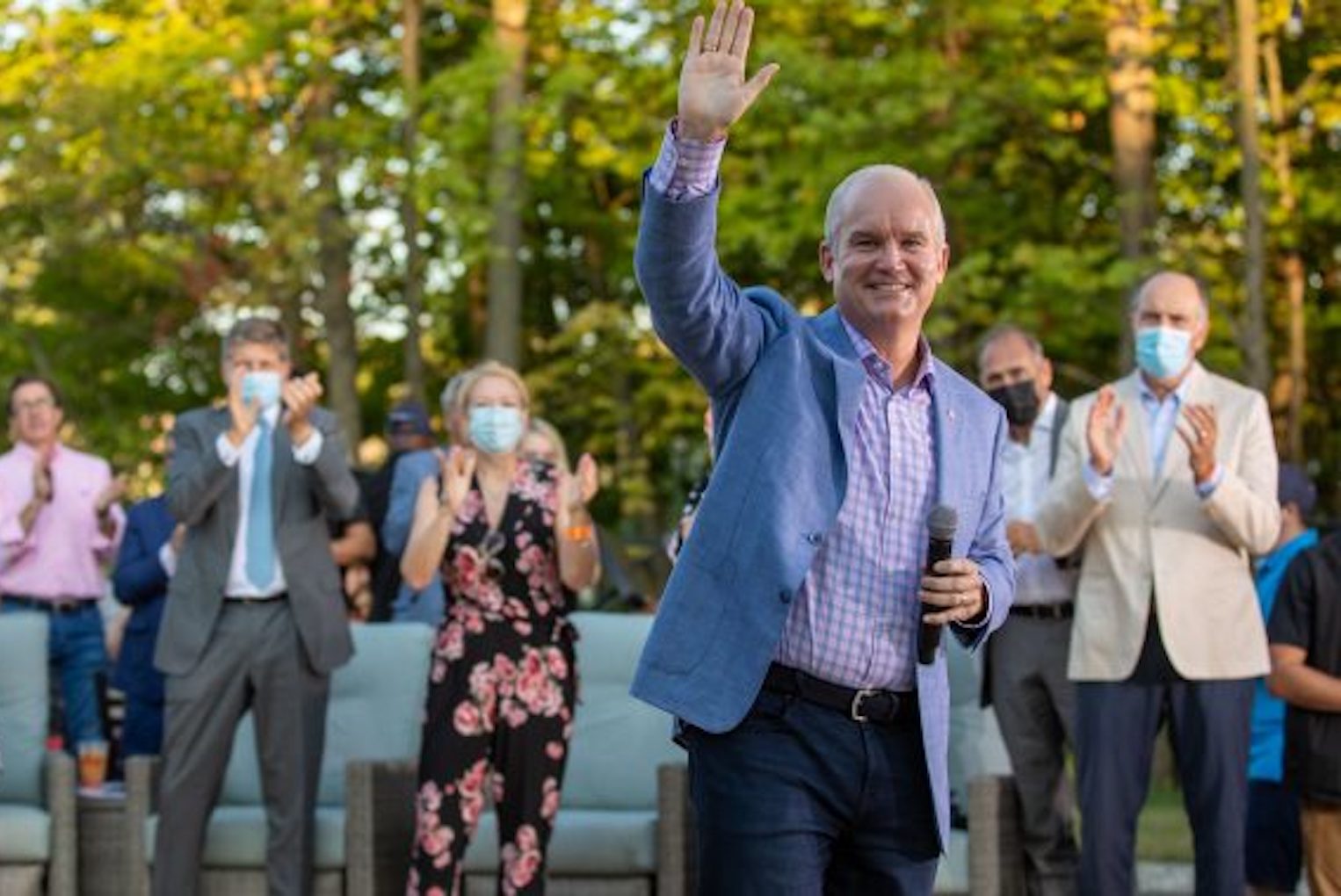Written by Allan Gregg . Published by iPolitics.
The notion that campaigns matter is a widely accepted maxim in modern politics.
For proof, political junkies need look no further than the Aug. 17 election in Nova Scotia, in which the provincial Progressive Conservative Party won a majority government, having started the campaign some 20 points behind the incumbent Liberals.
As we enter Week 4 of the federal campaign, the principle seems truer than ever.
Prime Minister Justin Trudeau apparently called the election because he wanted a majority and believed it was his for the taking. But, after a mere 16 days on the hustings, his lead over the Conservatives in the Ontario suburbs has evaporated, he’s locked in a dead heat with the Bloc Québécois in Quebec, and he now appears to be trailing the NDP in British Columbia. A betting person would wager that, rather than a slam-dunk majority, Trudeau and his Liberals are headed back to the Opposition benches.
Yet, faced with widespread public cynicism about politics and politicians (or just lack of interest), few are asking, “Why do campaigns matter?” Or, maybe more to the point, “Why do campaigns matter more today than they did in the past?”
The most straightforward answer is that, due to this very cynicism and apathy, the electorate is volatile and prone to changing its mind. But deeper analysis suggests this answer is only half right.
There’s no question that the electorate is volatile and prone to change. Our own Earnscliffe polling during this campaign has shown that an astounding 25 per cent of so-called “decided voters” have a second choice, and say it’s at least “somewhat likely” they’ll switch to their second choice between now and election day. Exit polling has similarly shown that as many as 13 per cent of citizens make their final decision in the actual ballot box.
But the evidence also indicates that the growing distaste for politicians and politics over the last 30 years hasn’t led to apathy about politics. Rather, it’s eroded partisanship.
When I was actively engaged in campaigns in the 1980s and ’90s, about eight in 10 Canadians identified with one of the main political parties. In other words, almost all voters considered themselves either a Liberal, a Progressive Conservative, a New Democratic, or a Bloc Québécois. Today, it’s the opposite: Eighty per cent of voters don’t identify with any party; they consider themselves to be “nothing.”
This detachment from partisanship has in turn caused the electorate to interact with the political system in a very different way, and is why campaigns matter more now than in the past.
The fact is, when voters identify with a party, they don’t have to think very hard, or follow events carefully, because their minds are already made up. If I consider myself a Conservative, for example, I don’t need much evidence to tell me how to feel about Erin O’Toole. I like him. He’s my leader.
But when I become “nothing,” I lack preconceptions to inform my decisions. If I want to know how I feel about O’Toole, I actually have to listen, watch, and read about him.
It’s counterintuitive, but the absence of partisan affiliation requires voters to pay more attention to politics and campaigns to make a decision. And while voter turnout has fallen somewhat over this same period, there’s no overwhelming evidence to show that Canadians’ sense of civic duty has diminished; they’re as committed to the act of voting as they’ve always been.
And this is what’s caused electoral volatility. I might like what I heard, read, or listened to about O’Toole (or any other leader) today. But I might not like what I hear, read, or listen to tomorrow. If I don’t strongly identify as a Conservative, this conflicting information can cause me to change my mind — and my vote.
Trudeau called this election during the fourth wave of a pandemic, and failed to offer any reasonable or resonant reason why. And while Canadians won’t throw out an incumbent for making him or her cast a ballot, that failure served to reveal Trudeau’s character and motives, and reminded many voters why they disliked him before he did a stellar job of rolling out vaccines and protecting wages when businesses shut down. In a recent Leger poll, 34 per cent more voters said their impression of Trudeau worsened, rather than improved, in the last week.
NDP Leader Jagmeet Singh took to TikTok and did the COVID dance with his wife, and has his 700,000 followers tell their friends what a cool guy he is. Positive impressions of him in the Leger poll went up a net seven per cent.
O’Toole looked at his polls and saw that virtually no current Liberal voters, and very few NDP ones, were considering his party as their second choice, and decided he couldn’t win unless that changed. So, rather than sticking to the traditional Conservative playbook of appealing to the base to get a turnout advantage, he made it known that he’s unequivocally pro-choice, went to Vancouver and talked about the opioid crisis, and demanded that all federally regulated businesses appoint a worker to their boards of directors. And while impressions of him personally haven’t improved significantly, the number who’d now consider voting Conservative has.
So campaigns do matter, but not in the way many pundits and politicians understand. In fact, that betting person would be wise to keep her money in her pockets for another two weeks.
